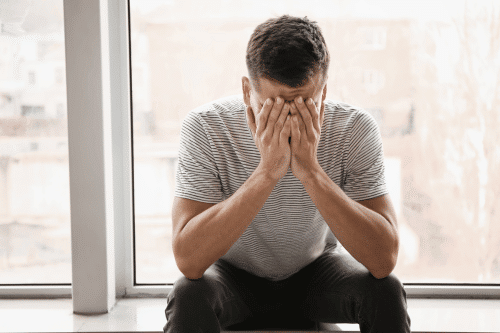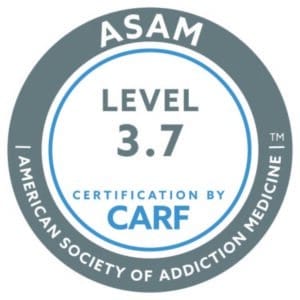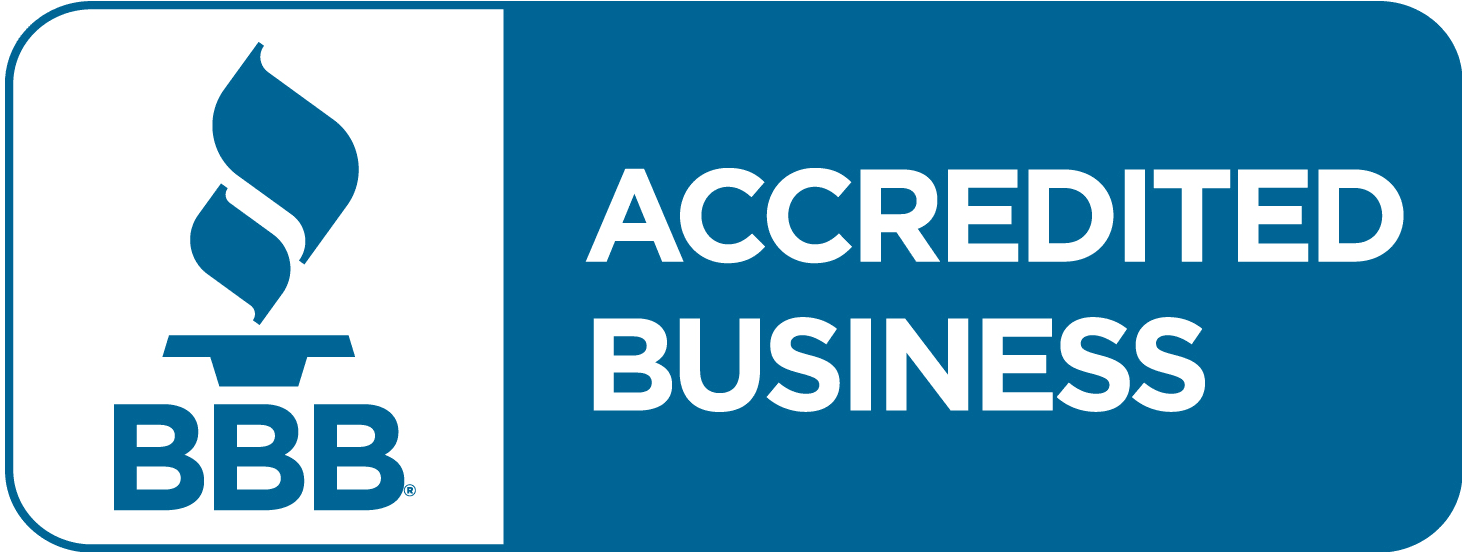How Does Rehab Work?
Rehabilitation helps people with a substance use disorder start the recovery process in a structured, supportive environment. At Opus Treatment in Orange County, we guide each person through the rehab process, using a personalized treatment plan based on individual needs, levels of care, and mental health status.
The Purpose of Rehabilitation
The goal of rehab is to help individuals stop their dependence on substances and begin a life without drugs. It provides medical care, behavioral therapy, and tools for managing mental health conditions. Rehabilitation process also addresses physical health, emotional healing, and long-term sobriety.
Overcoming Addiction
Overcoming addiction to drugs or alcohol is a lifelong process. Rehab uses evidence-based therapies like cognitive-behavioral therapy, Motivational Interviewing, and family therapy sessions to treat the root causes of substance misuse. Clients work with an addiction specialist, mental health professional, and medical professionals throughout their journey toward recovery.
Structuring the Process
Rehab is designed to follow a clear treatment process. It starts with a comprehensive assessment, moves through detox process, therapy, and ends with aftercare planning. Each step builds toward long-term recovery.

Types of Rehab Programs
Opus Treatment offers a full continuum of care that includes multiple types of treatment options:
Inpatient Rehab
Our Inpatient Treatment Program offers 24/7 care in a safe and structured environment. Clients reside at our facility, receiving continuous medical support, individual therapy, group sessions, and access to various therapeutic activities.
Outpatient Rehab
For those who require flexibility, our Outpatient Treatment Programs allow clients to live at home while attending scheduled treatment sessions. This option is suitable for individuals with strong support systems or less severe substance use issues.
Specialized Programs
We also offer dual diagnosis treatment for people with co-occurring mental health disorders such as bipolar disorder, post-traumatic stress disorder, and other mental disorders. Holistic therapies, Art therapy, music therapy, and alternative therapy are available to support every client’s unique path to recovery.
Stages of Rehab
Intake and Assessment
The initial assessment process gathers important information, including medical history, family history, mental health concerns, and the type of drug used. This shapes the care plan and ensures the appropriateness of treatment.
Detoxification
Residential detox or medical detox manages dangerous withdrawal symptoms with 24/7 monitoring. This stage lays the foundation for effective addiction treatment.
Therapy and Counseling
Therapy is central to the rehabilitation process. Clients engage in individual, group, and family therapy sessions to address triggers, develop coping skills, and support emotional healing. We offer various therapeutic approaches, including Cognitive Behavioral Therapy (CBT), which helps clients identify and change negative thought patterns.
Aftercare Support
After treatment, aftercare programs such as sober living environment, ongoing therapy, and 12-step programs like Alcoholics Anonymous or Cocaine Anonymous provide support to reduce relapse rates and maintain recovery from substance addictions.
Daily Life in Rehab

Daily Routine
Clients in an inpatient facility or inpatient rehab center follow a structured schedule. This includes therapy, fitness activities, rest, and skill-building, creating stability in everyday life.
Healthy Meals
Nutritious food supports physical health and mental clarity. Our rehab facilities offer balanced meals to aid the healing process.
Wellness Activities
Our rehab programmes incorporate activities like art therapy, yoga, and mindfulness to reduce stress and boost engagement in the recovery journey.
Measuring Rehabilitation Success
Reduced Substance Use
A major success marker is reduced or stopped substance abuse and substance misuse. Progress is tracked through evaluations and individual treatment outcomes.
Improved Mental Health
Healing also includes reduced mental health disorders symptoms, better coping skills, and a more positive outlook. Mental health counselors play a crucial role in this area.
Enhanced Quality of Life
After rehab, many report fewer negative consequences like job loss or criminal behavior, and improved relationships, financial stability, and a return to everyday life.
Factors Contributing to Successful Rehab
Duration of Treatment
The National Institute on Drug Abuse states that longer time in rehab often leads to better results. Programs like long-term residential treatment and long-term drug rehab show higher success rate.
Individualized Care
A one-size-fits-all approach doesn’t work. A comprehensive treatment plan built around the individual’s needs and co-occurring substance use is more effective.
Support Systems
A strong social environment, entire family involvement, and community connections aid recovery. Support systems lower the risk of relapse.
Role of Family and Community in Rehab

Family Therapy
Family Therapy sessions help repair relationships and educate loved ones on how to support the individual’s recovery effectively.
Community Support
Engagement with community support groups, such as 12-Step Programs, provides individuals with a network of peers who share similar experiences, fostering a sense of belonging and mutual support.
Examples of Rehab Approaches
Sunrise Treatment Center
Facilities like Sunrise Treatment Center and American Addiction Centers provide comprehensive treatment using both evidence-based treatments and holistic approach options.
Integrative Therapies
Integrative therapies include experiential therapy, meditation, and music therapy. These approaches improve engagement and support emotional balance.
Challenges in Rehab
Relapse Risk
Relapse is common. Effective programs include relapse prevention tools and aftercare services to help manage risk of relapse.
Motivation and Participation
Client motivation is vital. Active participation in therapy, following the treatment plan, and staying in ongoing treatment boost results.
Conclusion
Opus Treatment is a trusted treatment provider and addiction treatment center in Orange County. We offer a range of rehab options, from inpatient rehab programs to outpatient care, backed by mental health services and a multidisciplinary team. If you or a loved one is ready to begin the journey towards recovery, reach out today. Let’s start the road to recovery together.
Frequently Asked Question's
The duration of rehab depends on the individual’s needs, the level of care, and the type of treatment program. Many clients benefit from at least 30 to 90 days in an inpatient treatment program or outpatient treatment. Long-term residential treatment may be recommended for those with severe substance use disorder or co-occurring mental health conditions. Studies from the National Institute on Drug Abuse suggest that longer treatment often leads to better outcomes and lower relapse rates.
The detox process is the first step in the rehabilitation process, where the body clears itself of addictive substances. This phase can involve dangerous withdrawal symptoms, so it is often managed in a residential detox or medical detox setting under the supervision of medical professionals. Medical interventions may be used to reduce discomfort and ensure safety. Detox prepares the individual for the therapeutic stages of the recovery journey.
Yes, most rehab facilities like Opus Treatment offer dual diagnosis treatment for clients with both addiction and co-occurring mental health disorders, such as bipolar disorder, post-traumatic stress disorder, or depression. Our programs integrate mental health services, individual therapy, and family therapy with addiction care. Treating both substance abuse and mental health concerns together increases the chance of long-term recovery.
After completing a drug rehab program, clients receive an Aftercare plan that may include ongoing therapy, outpatient care, 12-step programs, or living in a sober living environment. Continued support is vital in the journey to recovery, helping reduce the risk of relapse and support the transition back to everyday life. Many clients also stay connected with their treatment center through alumni support and aftercare services.












